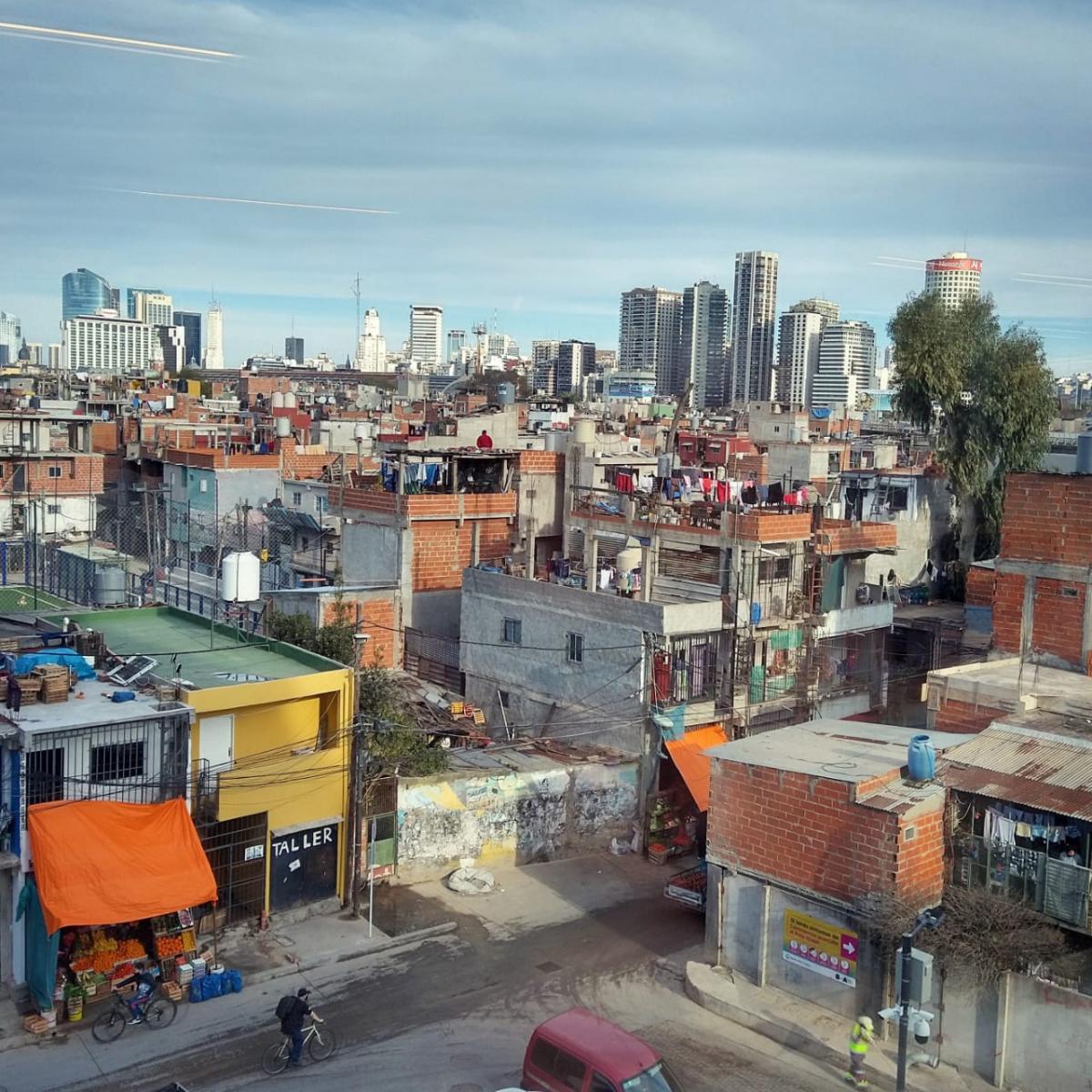July 24, 2020
Argentina: Comprehensive Tax Reforms Necessary to Overcome Inequalities Unearthed by the Pandemic

Guest blog by Julieta Izcurdia of Asociación Civil por la Igualdad y la Justicia (ACIJ), Argentina
ACIJ is an Argentinian civil society organization promoting the fulfillment of the economic and social rights of the most disadvantaged groups and the strengthening of democracy.
How are the impacts of the pandemic in your country evolving, and who has been most affected?
This crisis disproportionately affects families and the lowest-income sectors, as well as those who work in the informal economy. This situation demonstrates that a State with sufficient resources, such as Argentina, is obliged to guarantee rights and urgent measures must be taken to reverse the country’s unacceptable levels of rights exclusion, which according to recent projections will be exacerbated further by the pandemic.
How has the pandemic changed economic policy debates in your country?
The Executive branch implemented various economic measures to address the crisis. Some of them were analyzed by ACIJ in this document (executive summary in English) and most of them are further explained in the preliminary report on the draft budget for 2021. Among the measures taken, the government strengthened the budget for health and social security; granted financial support to small and medium-sized companies to sustain jobs; prohibited suspension of essential services in the event of non-payment for low-income groups; reinforced assistance to school and community cafeterias; and extended rental contracts and suspended evictions for lack of payment. A new program was launched: the Family Income Emergency (IFE) is a monetary transfer program for unemployed, informal and household workers, as well as for low-income families. According to estimates by the Ministry of Economy, this program reached 89% of the population in the lowest income decile and prevented between 2.7 and 4.5 million from falling into poverty.
National extraordinary expenditure reached 4.8% of GDP by May 30th--this while it is estimated that revenue collected both by the Value Added Tax and by the income tax fell by 34.1% and 25.1% respectively, the two taxes that contribute the most to Argentinian revenue. This is alarming, because revenue collection was insufficient even before the pandemic. The need for financing has changed economic policy debates in Argentina. For example, in order to meet the challenge that emergency measures pose in terms of financing, Congress has pending discussions on bills introduced by various political parties that create extraordinary taxes on the very rich. However, it is estimated that, if approved, the impact of this type of tax on collection will be very low and almost insignificant compared to the enormous expenses that the crisis will incur.
What are the priority economic measures you are advocating for in response to the pandemic? What have been the challenges and opportunities for bringing rights into these debates?
During the pandemic, ACIJ has insisted that the rights of groups that suffer the most must be put at the center of the State’s responses. Although many of the policies adopted are aligned with recommendations made by international and regional human rights bodies and experts, putting the most affected sectors at the center of the responses, there are still several issues that necessitate improvements on these measures. For example, there are concerns about the application of restrictive protocols, late health responses in towns and densely populated neighborhoods with the highest rates of infection, as well as delays that some families have experienced in accessing the IFE. There are also serious limitations to guaranteeing adequate participation of the most affected groups in decision-making and, fundamentally, to resolve the difficulties of the informal sectors.
In addition, announcements have been made on the need to adopt broader and more comprehensive tax reforms, but there has been no concrete progress in this regard. It is indisputable that we need policies that address the emergency, but also that there is an opportunity to move towards a fairer tax system in the long term. Taxes are the main tool to obtain the additional resources that are needed, but the way those taxes are raised matters a lot. For this reason, we propose moving towards a progressive tax system, in which direct taxes have more weight and those who have greater capacity to pay contribute more, as well as eliminating tax privileges.
CESR is working with ACIJ and other partners in Argentina and the wider region to develop a set of Principles & Guidelines on fiscal policy and human rights.
The Confronting COVID series profiles how our civil society partners in various countries are responding to the economic fallout of the COVID-19 pandemic, and the role that human rights norms, tools and strategies are playing in economic policy debates at the national level.
The photo of the Villa 31 informal settlement in Buenos Aires is by Pablo Vitale.
Related: